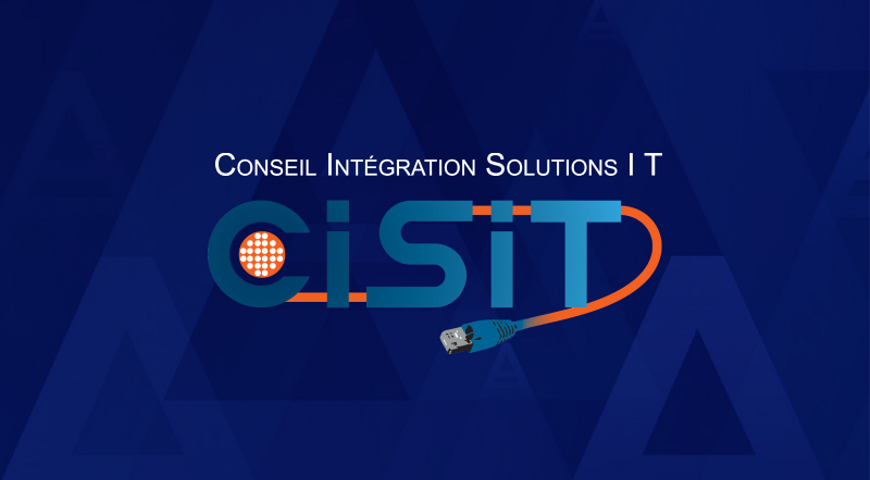Sleek and slim laptops and mobile devices are all the rage these days as users seek more computing power and better performance. Many devices available today fit the bill thanks in part to solid-state drives (SSDs), which store data on flash memory chips that don't have any moving parts.
Size, speed and durability are a few of the SSD benefits, but there's a catch when it comes to data recovery: Traditional recovery methods simply do not work on solid-state drives, a limitation that could cause problems for companies when data is lost or put at risk.
The SSD Advantage
Data recovery issues aside, SSDs provide many benefits. They operate faster, wear down slower and are smaller than traditional hard disk drives. Those speed and weight benefits come at a price, though. A SSD costs about 60 cents per gigabyte, compared with 8 cents per gigabyte for a hard disk drive (HDD), according to PCWorld. For example, a 1 terabyte internal SSD costs about $600, whereas a similarly sized HDD costs $75.
SSDs are also generally more durable than traditional HDDs. It would take nearly eight years for a 120GB solid-state drive to wear out if it wrote 50 gigabytes of data every single day, according to AnandTech.
What's more, SSDs can save users more than 80 percent in total storage system energy requirements. And because they don't contain any moving parts, SSDs are quiet, don't generate a lot of heat and are less susceptible to damage if dropped.
Data Protection and Recovery Implications
While solid-state drives don't wear down quickly, their electronic parts can still fail with age. Similar to any hard drive, SSDs are susceptible to data loss through software corruption, human error or computer viruses. And there are big consequences when these problems arise. When a SSD is damaged or fails, the results can be catastrophic. Without a traditional hard drive, there aren’t many pieces of hardware to actually recover data from, which could mean total data loss when an employee's SSD stops working.
Encryption presents another challenge. If encryption is enabled on a SSD and data loss occurs, it is difficult for IT to recover data without assistance from the drive manufacturer. That help, unfortunately, isn't always forthcoming.
"Storage device manufacturers are wary of disclosing sensitive information and valuable intellectual property but the recovery of customer data from SSDs, especially if these are self-encrypted drives, will be much easier if the SSD companies can offer some simple tools for the use of trusted data recovery companies,” Tom Coughlin writes in Forbes.
Data recovery on a SSD is often costlier than a standard hard disk drive. With help from a SSD vendor, data recovery for a drive with full disk encryption costs about $700 — about the same as the cost to recover data from a standard hard disk drive. However, when vendor help isn’t available, SSD data recovery can surge to $3,500, according to Gillware, a data recovery company.
A smart hedge to avoid expensive — or impossible — recovery options? Back up data early and often. SSDs aren't necessarily more reliable data recovery-wise, but their speed and performance benefits are enticing to many companies. If your employees make the switch to SSD, remember that solid data protection practices will help ensure that company data is safe, secure and recoverable in the event of a data loss disaster.
[Image via Can Stock Photo]
About Acronis
A Swiss company founded in Singapore in 2003, Acronis has 15 offices worldwide and employees in 50+ countries. Acronis Cyber Protect Cloud is available in 26 languages in 150 countries and is used by over 21,000 service providers to protect over 750,000 businesses.



